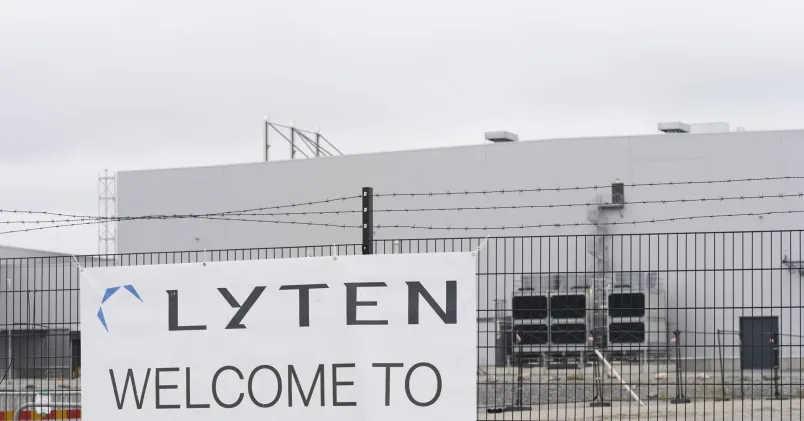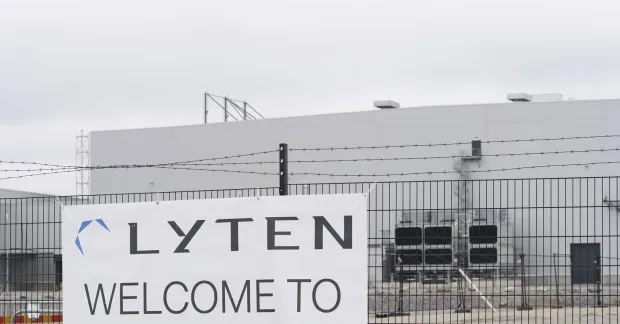Intresset för att starta eget är stort. Enligt undersökningen har så många som fyra av tio funderat i de banorna.
Men hindren är många. De tjänstemän som tillfrågas i undersökningen uppger att huvudorsakerna till att de inte är egna företagare är att de inte vill riskera tryggheten det innebär att vara anställd (44 procent) och är nöjda med sin nuvarande anställning (43 procent). Andra faktorer som är viktiga är att man inte är beredd att satsa tillräckligt med tid och engagemang, att man inte kan tillräckligt om hur man driver företag och att det verkar krångligt att starta eget.
- Det finns ett ganska stort intresse av att starta egen verksamhet, men att det finns ett antal saker som inte fungerar tillräckligt bra eller säkert för att få så många egenföretagare som vi skulle kunna ha, säger Peter Hellberg, Unionens förste vice ordförande.
Av den anledningen vill förbundet bland annat att man ska kunna få starta eget-bidrag redan första dagen som man blir arbetslös. Man vill även att reglerna vid sjukdom ska vara desamma oavsett företagsform, liksom att det ska gå lättare att kombinera perioder av arbetslöshet med företagande.
- Om man inte vet om man får den hjälp man behöver från trygghetssystemen så hämmar det företagandet. Det är en trygghet i sig att veta hur saker kommer att handläggas och att det fungerar lika för alla. Då blir det mer förutsägbart, säger Peter Hellberg.
I undersökningen ställs också frågan om man tror att en personlig mentor som själv är egen företagare skulle göra att fler vågade ta steget och starta eget. Ja, svarar 75 procent av de tillfrågade. Det här har Unionen tagit fasta på. Inom kort startar förbundet ett mentorsprogram för sina egenföretagarmedlemmar.
Fakta
Undersökningen gjordes av Novus i september och omfattar 1 000 intervjuer. Vid förra årsskiftet hade Unionen omkring 6 500 egenföretagarmedlemmar.









